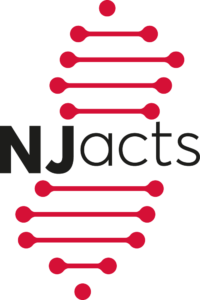 Please read Dr. Jimenez’s article in the Journal of Developmental & Behavioral Pediatrics titled, “Feasibility and Acceptability of an Online Family Literacy Program in an Under-Resourced Community During the COVID-19 Pandemic.“
Please read Dr. Jimenez’s article in the Journal of Developmental & Behavioral Pediatrics titled, “Feasibility and Acceptability of an Online Family Literacy Program in an Under-Resourced Community During the COVID-19 Pandemic.“
One-third of US children ages 0 to 8 years are dual language learners (DLLs), children who acquire 2 or more languages and who have a home language other than English. In the United States, most DLLs come from low-income Latino backgrounds and experience inequities in school readiness. Poor school readiness predicts long-term poor academic achievement, which is linked to high-risk health behaviors and fewer employment opportunities with health-promoting benefits (e.g., health insurance).
The COVID-19 pandemic has disproportionally affected low-income children of color and intensified educational inequities. For example, public preschool enrollment dropped significantly among this population. Such negative effects highlight the need to leverage opportunities in health care to promote school readiness. Primary care, in particular, is an innovative setting to promote school readiness because of its near-universal access and clinicians’ frequent contact with children and their families. The American Academy of Pediatrics Bright Futures guidelines identifies school readiness as a priority topic, and parents seek information from pediatric professionals on this topic. Cross-sector education-health partnerships that combine the expertise of teachers and pediatricians and leverage the near-universal access to children offered by primary care have the potential to capitalize on this opportunity, but such programs are rare and understudied. To read the full article.
Feasibility and Acceptability of an Online Family Literacy Program in an Under-Resourced Community During the COVID-19 Pandemic. Choi Y, Uthirasamy N, Córdoba D, Morrow LM, Perez-Cortes S, Ramachandran U, Pai S, Lima D, Shelton PA, Jimenez ME. J Dev Behav Pediatr. 2023 Feb-Mar 01;44(2):e104-e110. PMID: 36750983 PMCID: PMC9930163 DOI: 1097/DBP.0000000000001155
